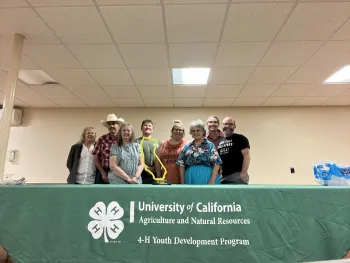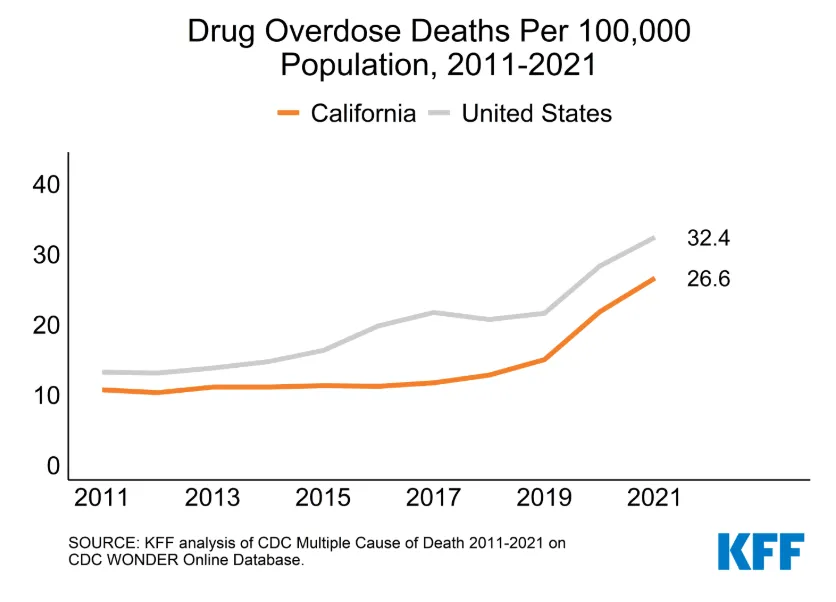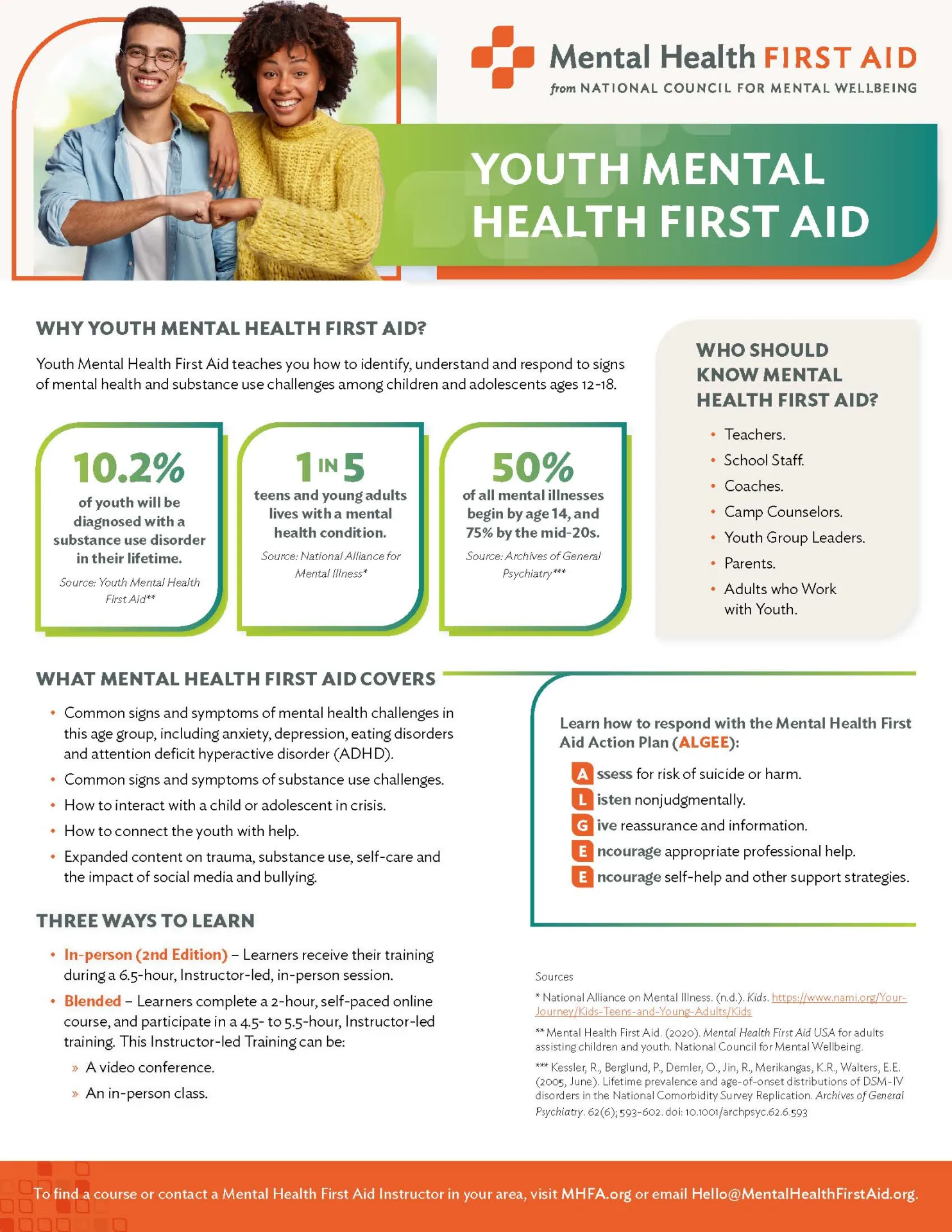Planning Ahead: Considerations for Recruiting Parent Volunteers
Introduction

Volunteers play an important role in youth development organizations, such as the 4-H program. In fact, without caring and nurturing volunteers, we would find it very difficult to have a thriving 4-H youth development program. Volunteers are vital to our collective success in supporting our young people in the community.
While volunteers are important, sometimes it is challenging to recruit new volunteers to replace older volunteers whose children "age out" of the program. Let's face it, many people are stretched thin and don't have much time to devote to volunteer efforts. While many believe in the mission of 4-H and love youth, they simply don't have time to commit to a long-term project or volunteer "opportunity." As such, some 4-H clubs find it difficult to "stay afload" while the influx of new youth keep coming into the program year after year. Without a steady stream of new volunteers, these 4-H clubs can find it difficult to manage expectations of new families who want their children to have a wonderful 4-H experience like they did as a child.
So what can we do to find new volunteers?
Times Are Changing
The first step is to realize that times have changed. Volunteerism today is not what it was 10 or 20 years ago. The reason is that that people have changed. Society has changed. Our young people have changed. Our environments have changed. Change is inevitable and we must accept that we are living in a new situation.
One example is that our society is becoming more culturally diverse. Demographic trends reveal that by the year 2060, nearly one out of three persons in the United States will identify as being of Latino racial and ethnic identity. The "Standard North American Family" as family scientists have termed is not a present-day reality for many communities. As our society becomes more diverse, so will our volunteers.
Another aspect to consider is that our economies are changing. Many families struggle to put food on the table. Job loss, underemployment, housing insecurity, food insecurity, and other financial hardships are a common issue for many communities. Drought and flood can decimate agricultural producers and have downstream effects on the lives of their workers' families. Changes in our climate can exacerbate these realities and put emotional and economic stress on our agricultural communities. As many families face economic uncertainties, they need to reprioritize how they invest their time and resources.
Another change has been with our mental wellbeing. Rates of deaths by drug overdose has increased over time. As the figure below reveals, the state and national trend has been an increase in drug overdoses since 2011. As more families respond to their mental health challenges, they need to reprioritize how much they can give to others in comparison to how much support they need for their own wellbeing. For more information on mental health trends, please visit the Kaiser Family Foundation website here.

How To Respond to Change
While times are changing, it's important for us to realize that we can embrace this change as a normal part of life. Rather than wish things were "like the good ol' days," now is a time for us to lean into this change and learn from it. Why? Because as we respond to change, we "promote healthy people and communities," which is one of our University of California Cooperative Extension public values.
For example, knowing that mental wellbeing is a challenge for many families can provide opportunities for the 4-H program to respond by getting more training and resources. One way to do this is to attend a Youth Mental Health First Aid training to learn how to identify signs and symptoms of youth mental health challenges, such as substance misuse, and how to respond to non-crisis and crisis situations.
Why sign up for this Youth Mental Health First Aid 8-hour course if you already donate so much of your time to 4-H volunteer stuff? One reason is because of our 4-H pledge and our 4-H motto. Our 4-H pledge says, "...I pledge my health to better living." This 4-H pledge is not just for youth members, but also for adult volunteers. Pledging our health includes our mental, emotional, and physical health. Second, our 4-H motto is, "To Make The Best Better." 4-H is here to support our families as they walk through difficult seasons in life.
Volunteer Resources
One of the great aspects of the 4-H program is the resources we have for volunteers. For example, we have a website series entitled "Volunteer Research and Knowledge Competency" (VRKC) on a wide range of topics including: 1) Planning and Organizing, 2) Time Management, 3) Parent Recruitment and Involvement Delegating Tasks to Parents, 4) Service to the Community, and 5) Marketing and Publicity. Under the Parent Recruitment category, I published an article "Parent Recruitment and Involvement" that discusses trends in our community and how these can relate to recruitment efforts. On page 9 in the "Organizational Skills: Adult Recruitment and Involvement" section, I provide two activities. The first activity, "Exploring Cultural Backgrounds," provides an interactive way for adults to get to know each other and respect our different lived experiences. The second activity, "Understanding Parental Domains of Involvement," helps adults consider how our behaviors, thoughts, and feelings relate to volunteerism.
As mentioned above, another resource to consider is attending one of my upcoming Youth Mental Health First Aid courses. This 8-hour course is designed for adults who work with youth and will help them learn how to identify signs and symptoms of mental health challenges in non-crisis and crisis situations and how to respond using the ALGEE action plan. Typically, the course is composed of a two-hour pre-work session done through an online learning management system and then two additional three-hour sessions delivered via Zoom in a classroom setting with other adults.
There are three ways to sign up:
- 4-H volunteers and parents with 4-H youth, sign up here.
- Non-4-H volunteers (e.g. educators and youth practitioners), sign up here.
- University of California staff, sign up here.
As you plan for the upcoming 2025-26 4-H program year, I encourage you to consider how you plan to recruit new volunteers. By creating places of belonging and safety, you will be playing a vital role in the health and wellbeing of our 4-H youth members and their families. Keep up the great work!
If you have any questions about Youth Mental Health First Aid, feel free to reach out.
Matthew R. Rodriguez, PhD
4-H Youth Development Advisor
University of California Cooperative Extension
Placer, Nevada, Sutter, and Yuba Counties
mrro@ucanr.edu


